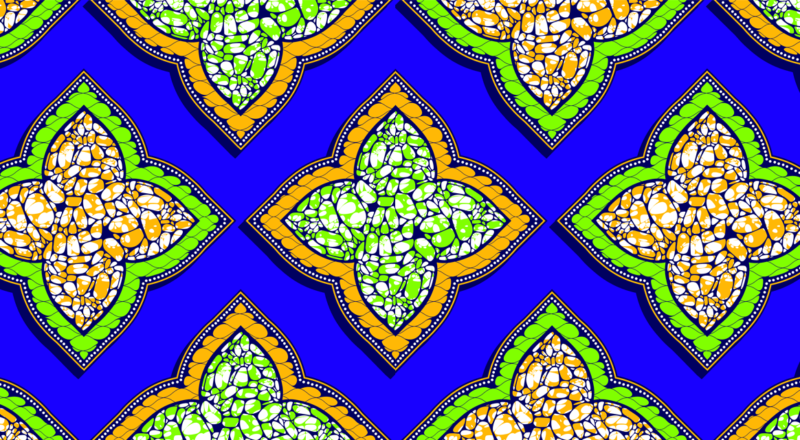A Yorùbá funeral song from Nigeria. The metaphors have the force of proverbs, expressing a son’s grief and mourning for his mother.
Slowly the muddy pool becomes a river,
Slowly my mother’s disease becomes death…
Oral Poetry from Africa

Filed Under: Relationship Poems
A Yorùbá funeral song from Nigeria. The metaphors have the force of proverbs, expressing a son’s grief and mourning for his mother.
Slowly the muddy pool becomes a river,
Slowly my mother’s disease becomes death…

Filed Under: Praise-Poems
An extract from a Kanuri Praise-Poem from the ancient kingdom of Bornu in northern Nigeria (see also The Sultan of Bornu). The Gumsu was the chief wife of the king of Bornu, and the Gumsu praised in this poem was the wife of Sultan Arri Umarmi, 1645–85.
Queen Gumsu,
owner of Maradi town,
never looks behind her…

Filed Under: Praise-Poems
A Kanuri Praise-Poem from the ancient kingdom of Bornu in northern Nigeria. The Yerima was an official responsible for the defence and general administration of the northern part of the Bornu kingdom, and was invariably the grandson of a Sultan.
Hi! Young lady!
Be careful young lady!…

Filed Under: Protest & Satirical Poems
Oyewumi Alabi was a nineteenth century chief of Ibadan. He was preceded by two chiefs whose reigns were marked by prodigies — a stream breaking forth, a comet appearing. Under Oyewumi Alabi, the colonial hut tax was first imposed.
In Aburu’s reign,
A stream broke forth in the sacred grove…

Filed Under: Praise-Poems
A Hausa Praise-Poem from northern Nigeria, in praise of Galadima Dauda who ruled in the mid-thirteenth century. This is a good example of the simplest and oldest kind of Praise-Poetry, in which the hero’s memory is preserved in a brief description packed with meaning.
Champion of the axes of the south,
Champion of the young men of the south…

Filed Under: Poems of Gods & Ancestors
Shango, or Ṣàngó, was the third Alafin (king) of the Oyo kingdom. He was deified after his death and is one of the most popular Òrìṣàs across the Caribbean and the Americas. These praises are sung by devotees of Ṣàngó and emphasise the daily duty of paying respect to the Òrìṣà.
When the elephant wakes in the morning,
he must pay his respects to his new wife…

This site opens a window on something that will be new to most people, namely, the vast amount of superb poetry hidden away in the 3000 different languages spoken in Africa … More